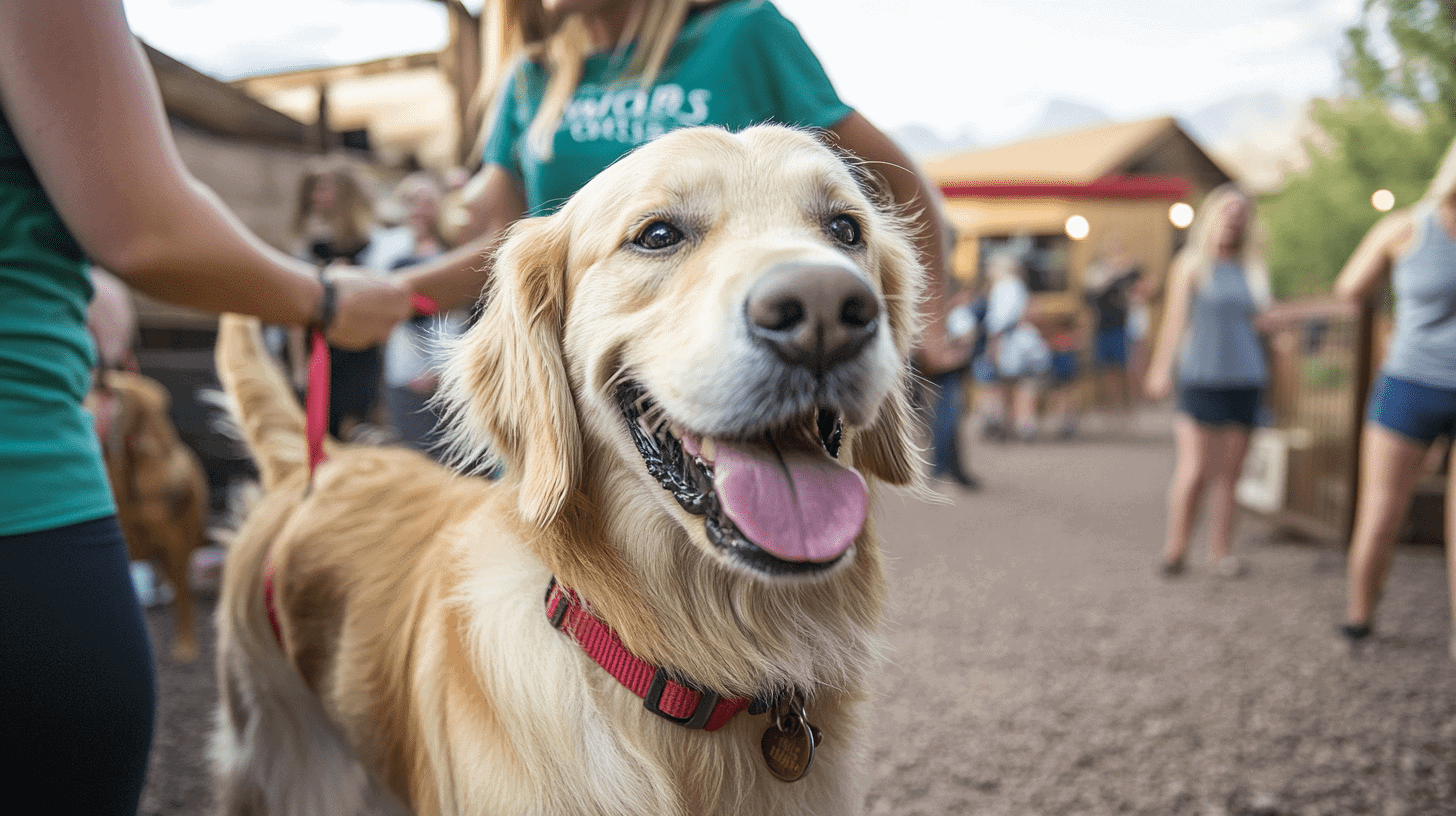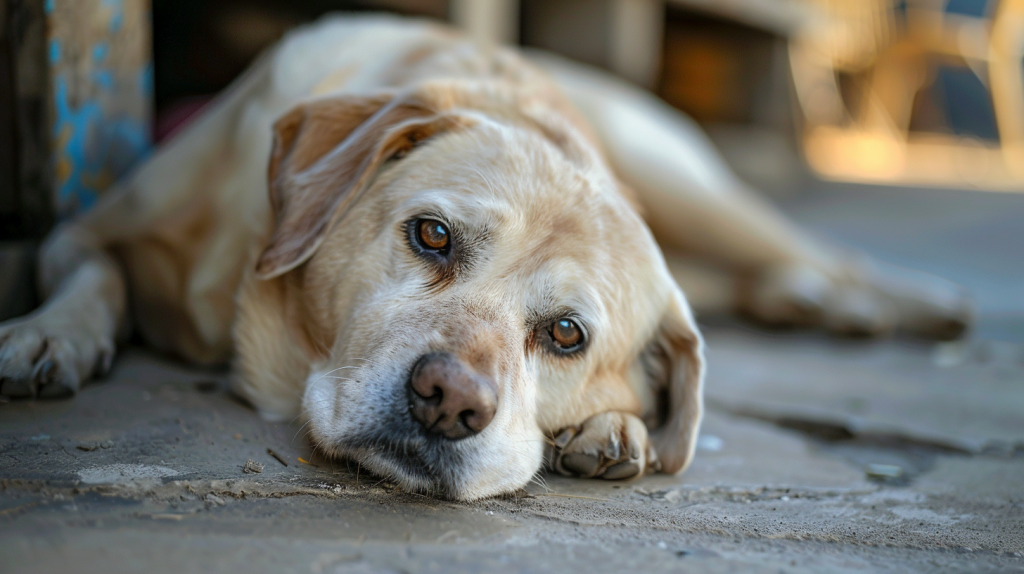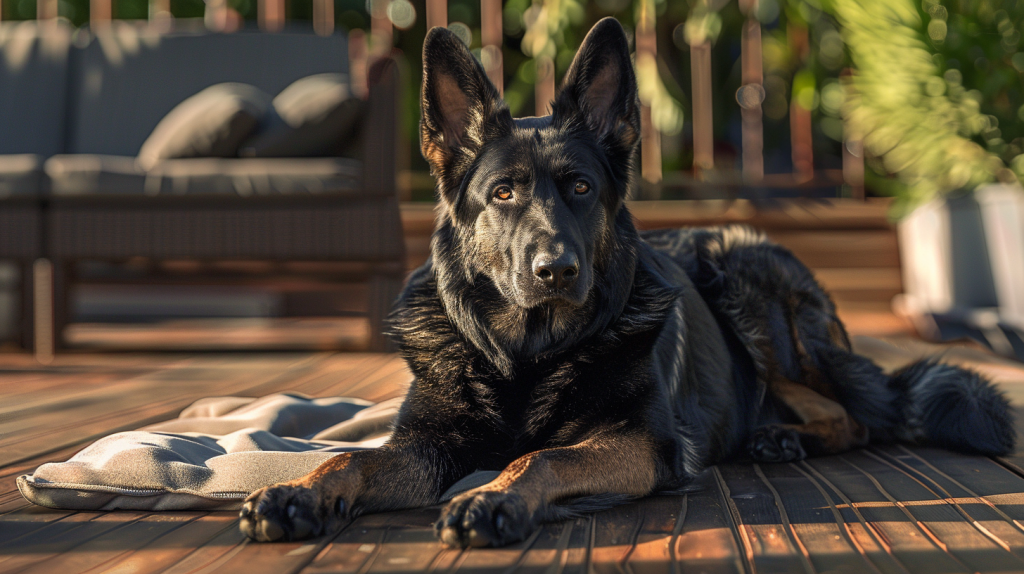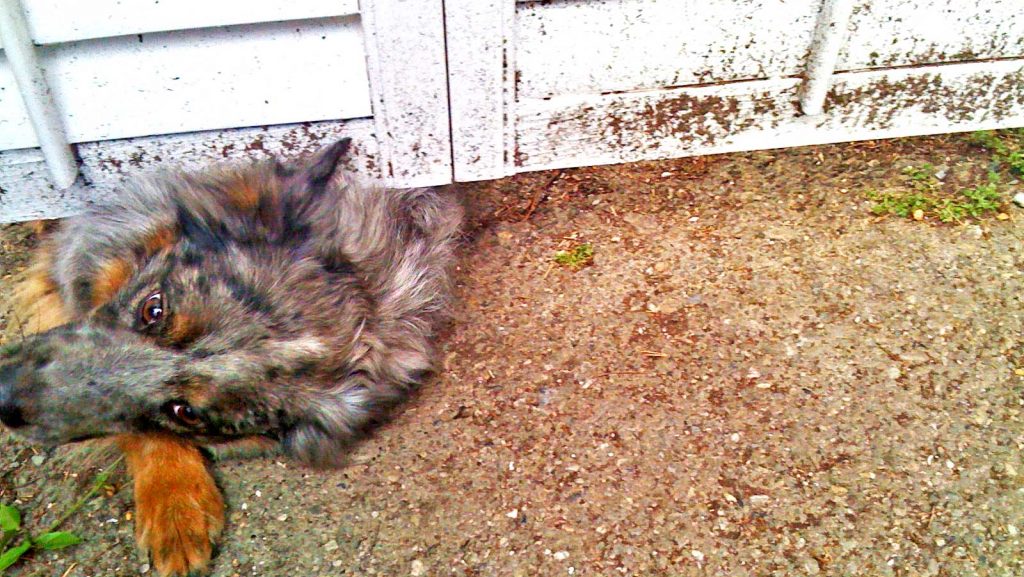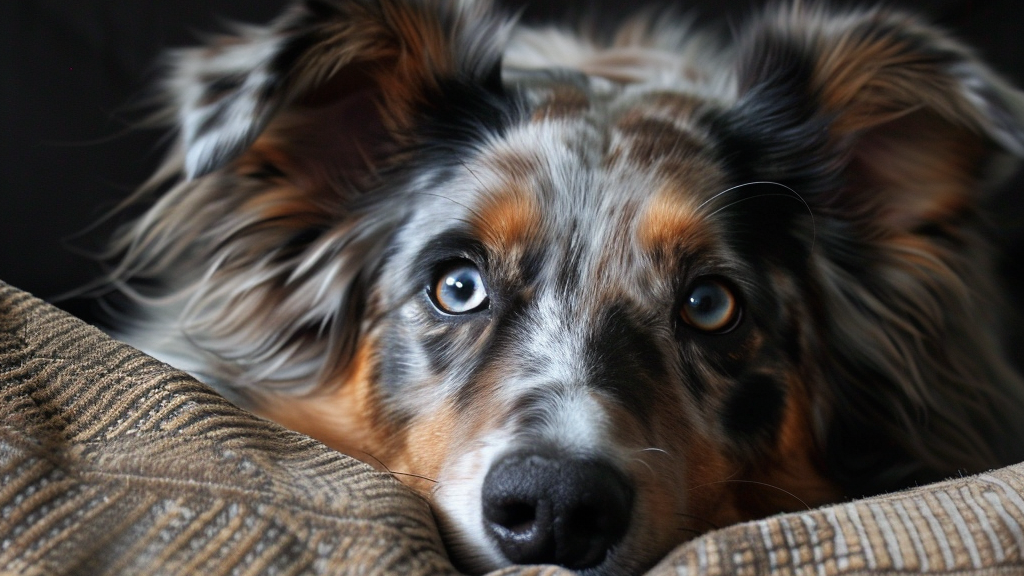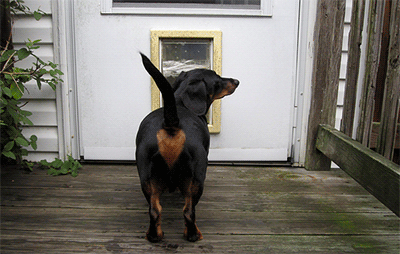
by Micki McCabe, DVM, DACVIM, CVA
SAGE Centers for Veterinary Specialty and Emergency Care
I received a question from the owner of a 3-year-old Golden Retriever rescue who was wonderful in all ways except one — her anal glands filled up frequently. Every month (or less), the dog had to be taken to the vet to have its glands expressed.
So, what can you do if your dog has this stinky problem? First, a little background: Anal sacs (or glands) are located at 3:00 and 9:00 on the anus of the animal. They are an unpleasant carryover in our domestic pets that are important for coyotes, wolves, skunks, wild cats, etc. for marking their territory. These animals are able to express their glands at will to let others know where not to tread.
In domestic dogs and cats, the anal glands generally get expressed when the animal defecates. There is much controversy as to why some pets (most commonly smaller dog breeds) have trouble emptying their glands, leading to scooting, licking, or intermittent expression of unpleasant odor or fluid at inopportune times and places. Anal gland abscesses can occur if the gland becomes infected.
Interestingly, there has also been association with low back pain in many pets, which may mean that dogs with intervertebral disk disease posture differently to defecate, not allowing proper “natural” expression of the glands.
Many dermatologists believe food or inhaled allergy may be to blame. A change to a novel protein source or hypoallergenic diet can be useful, as can antihistamines and Omega-3 supplements. Adding oat germ or another fiber can be of benefit to bulk up the stools and express the glands as nature intended. You might even want to add a tablespoon or so of canned pumpkin to your pup’s meals.
As a last resort, surgical removal can be considered, though fecal incontinence is an infrequent aftermath, so choose an experienced surgeon if surgery becomes necessary.

